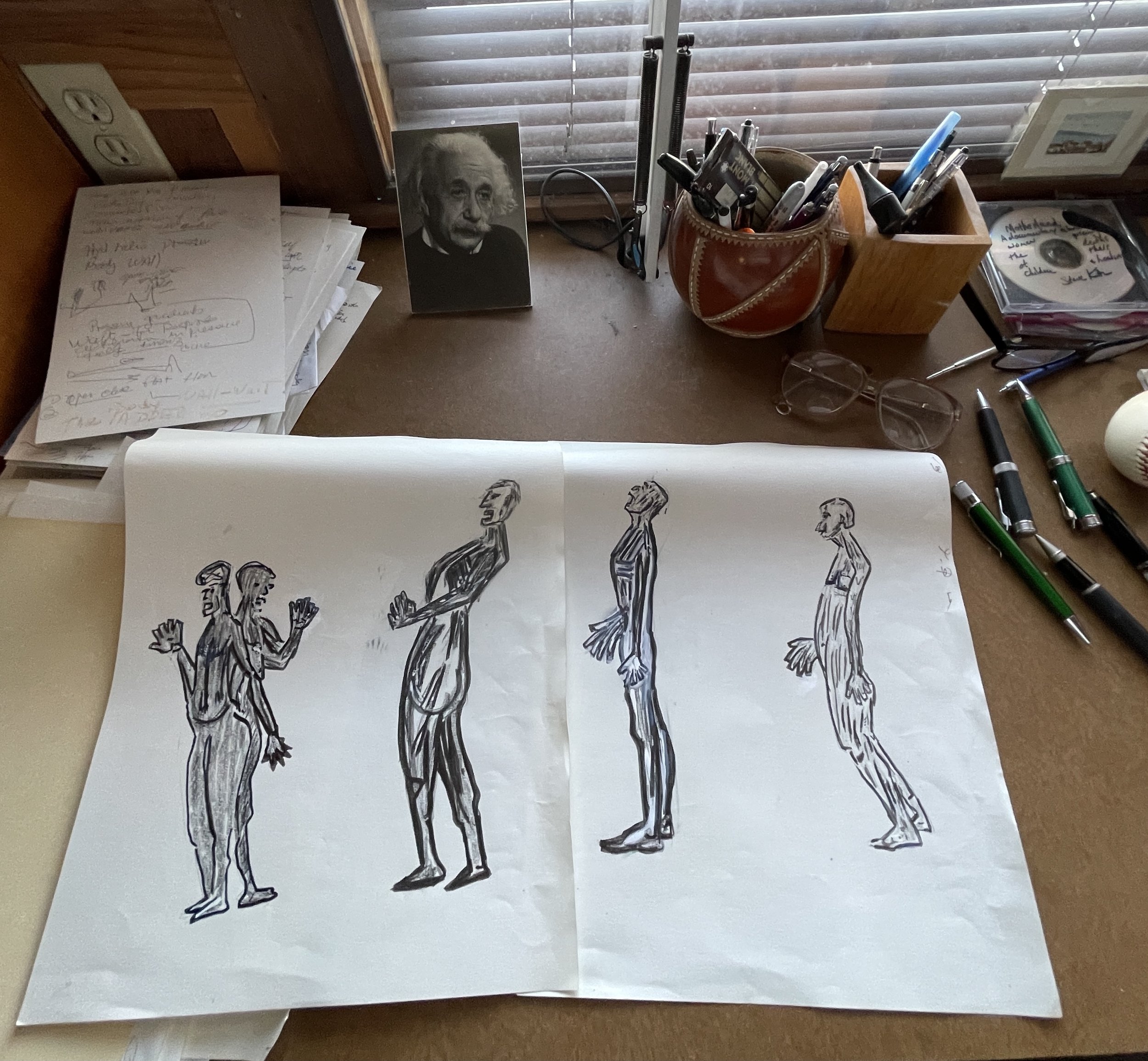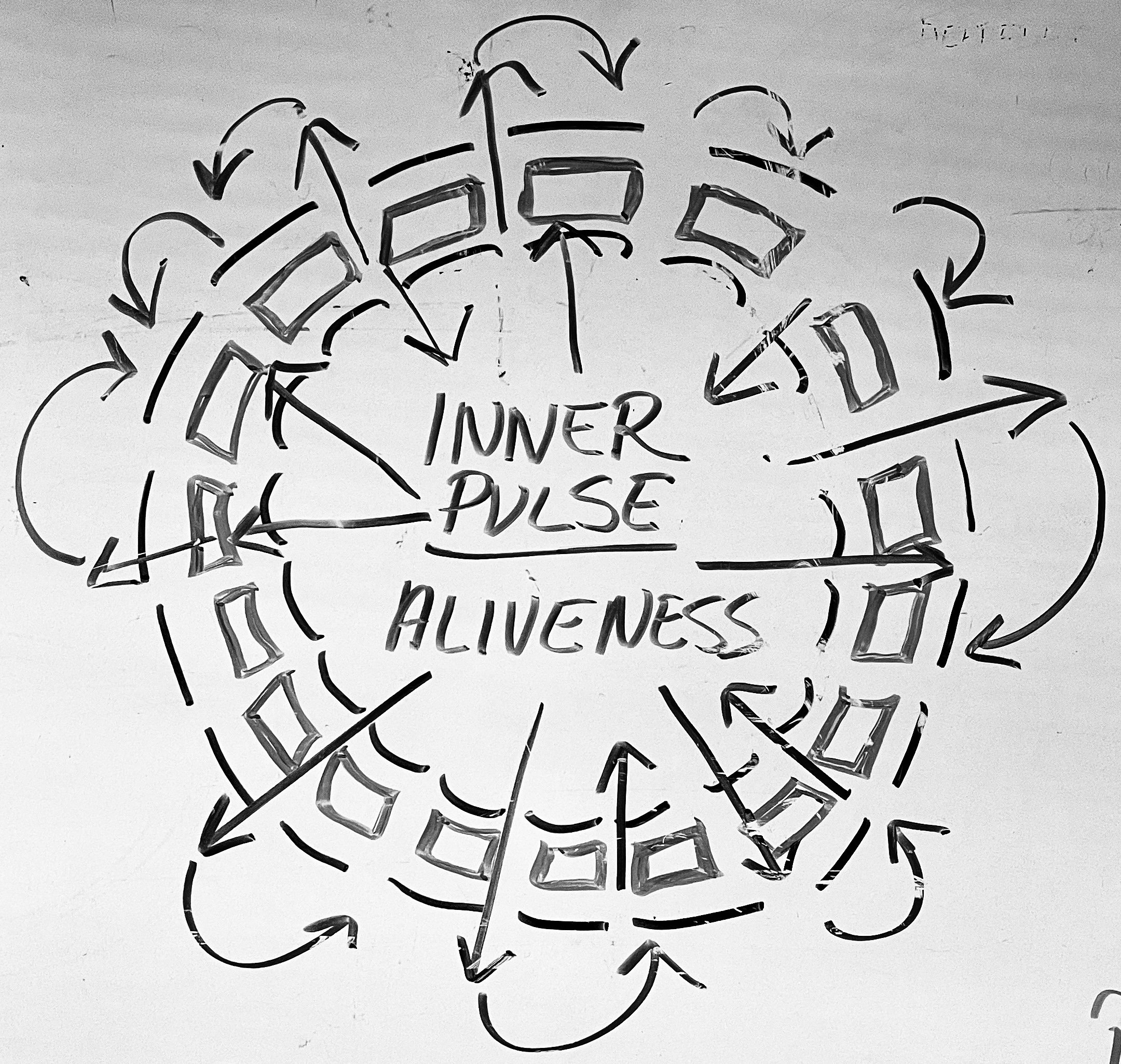Stanley Keleman is the founder of Formative Psychology®, a field that he created within somatic psychotherapy. Throughout his career, Keleman persistently developed his philosophy and methodology. The inseparability of emotional and biological realities is its core principle; changing anatomical shapes give rise to emotions, thoughts, and experiences. The practice of Formative Psychology™ entails learning to influence one’s behavior using a method he called voluntary muscular effort. Below, he describes Formative Psychology in his own words:
Formative Psychology®
Life is an evolutionary process in which a series of anatomical shapes are continually forming, from birth to maturity and on through the stages of aging and dying. This concept is the basis of Formative Psychology®. Changing anatomical shapes are the continuity of human existence. These shapes give rise to emotions, thoughts, and experiences; feeling follows form.
Our anatomical structure is our embodiment in the world. At conception each person is given a biological and emotional inheritance, but it is through voluntary effort and self-management that this constitutional given fulfills its potential for a personally formed life. We are citizens of two worlds: the embodiment we inherit and the embodiment we form through voluntary effort.
In the daily acts of living, our individual soma grows and is influenced by the challenges and stresses of life. By learning to influence – through voluntary effort – the shapes dictated by inheritance and social learning, we become creators of a personal world.
Voluntary Effort
Voluntary muscular-cortical effort mobilizes the soma’s inherited pattern of how shapes come into being and how they fade away. This process of organizing and disorganizing anatomical shape through the voluntary interaction of muscle and cortex encourages the growth of new neural connections and new anatomical structures that generate increasingly complex dimensions of experiencing.
Changing shape by increasing and decreasing the muscular intensity in a pattern of behavior is a powerful engagement of the formative process. The purpose is to generate and form emotional excitatory responses and to know how to receive, contain and shape them.
When we influence our body shape, we influence how we are present in the world. Over time, voluntary muscular-cortical effort brings forth the existential truth of bodily experience as the basis for creating value and meaning in our lives. When we participate with the forces of creation we grow an inner dialogue and a subjectivity that gives our lives a personal and sacred dimension—it is a gift of life to give personal shape to our existence.
To read further about Formative Psychology, please see Keleman’s essay, A New Vision for Somatic Psychology.



